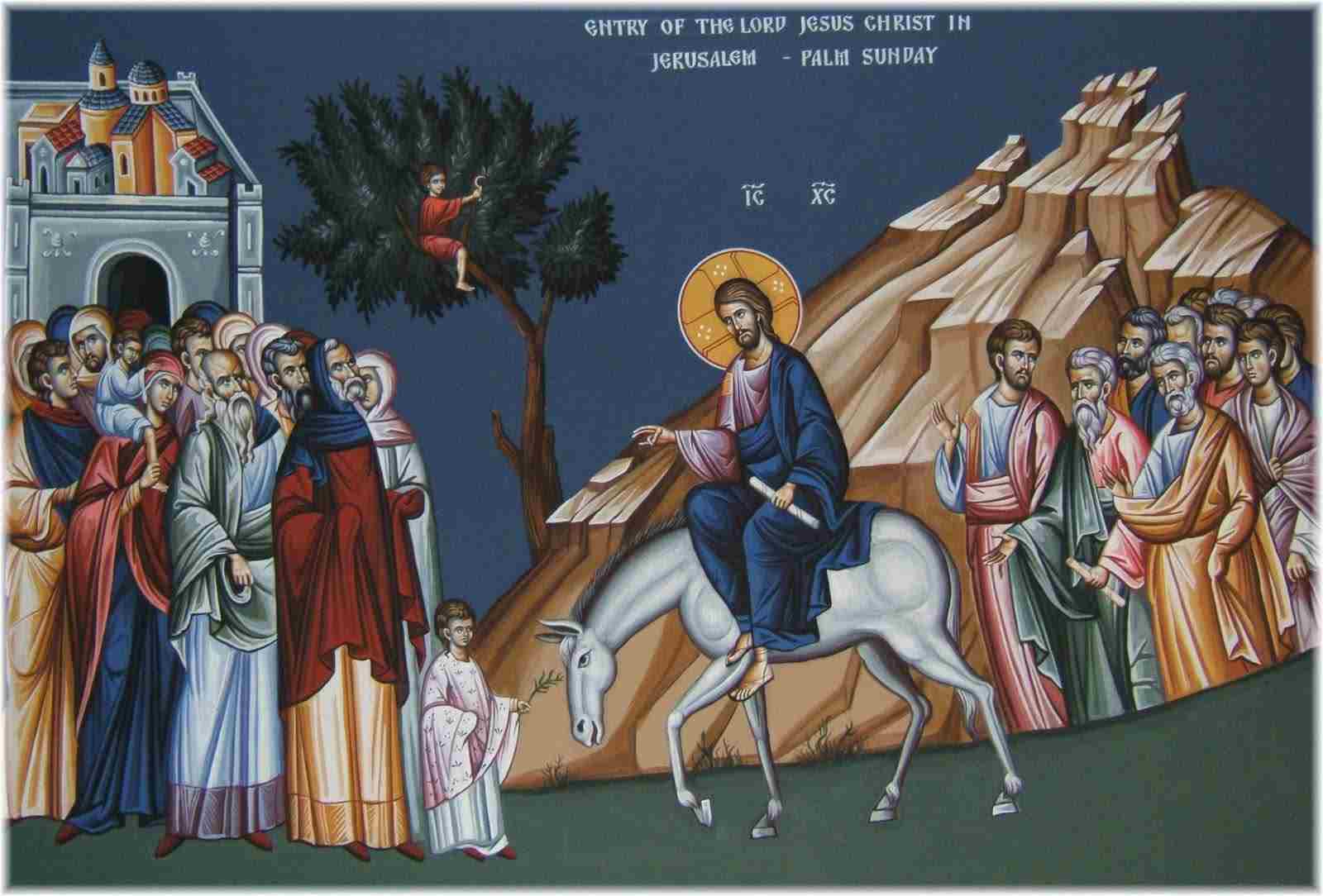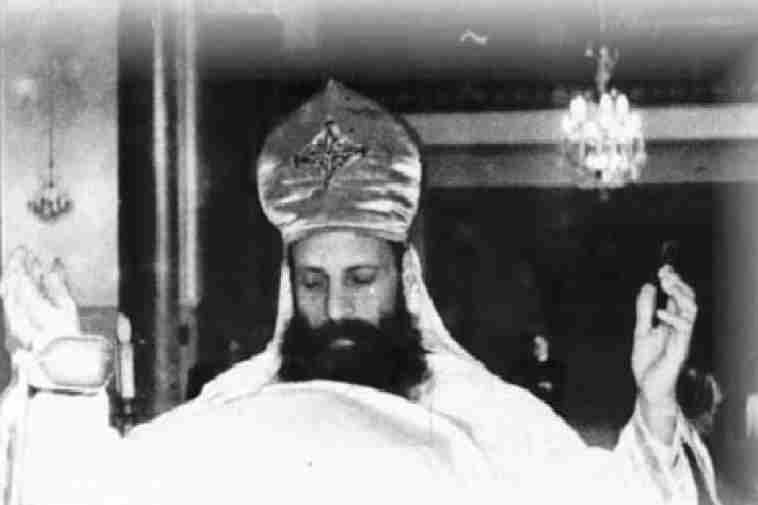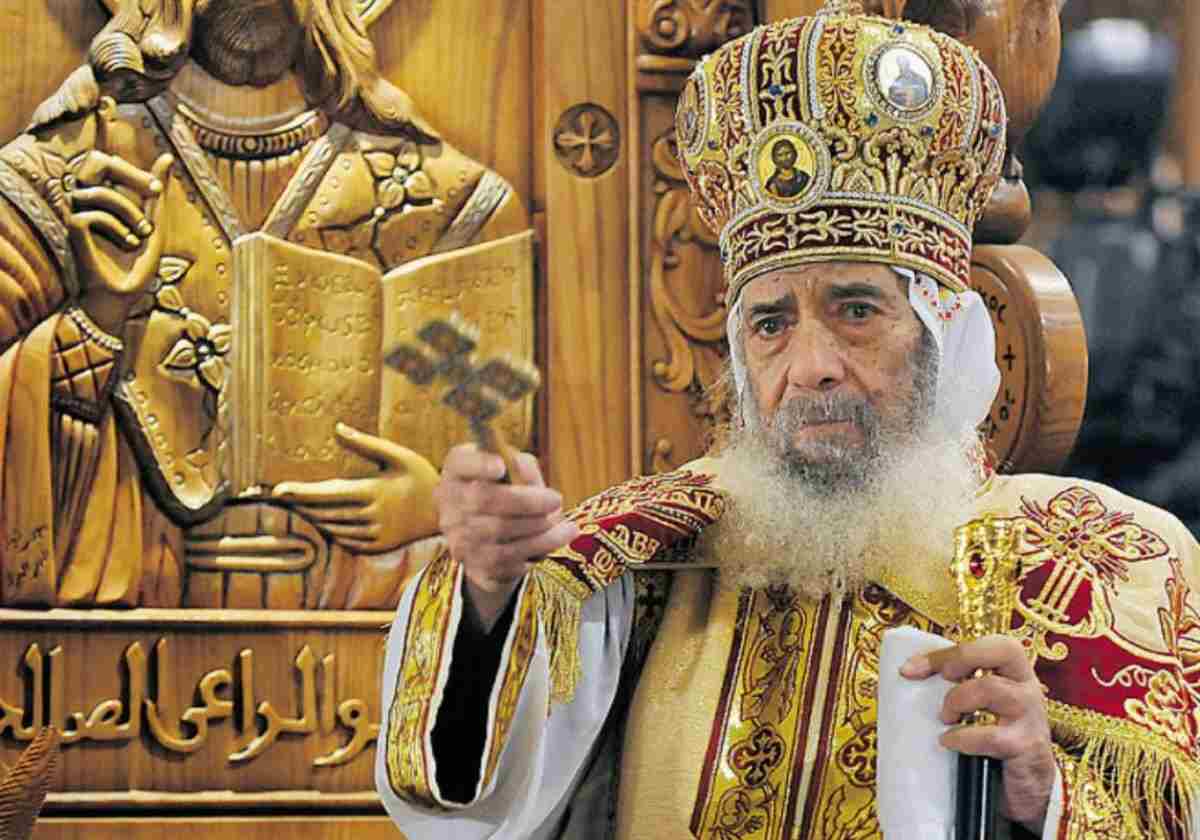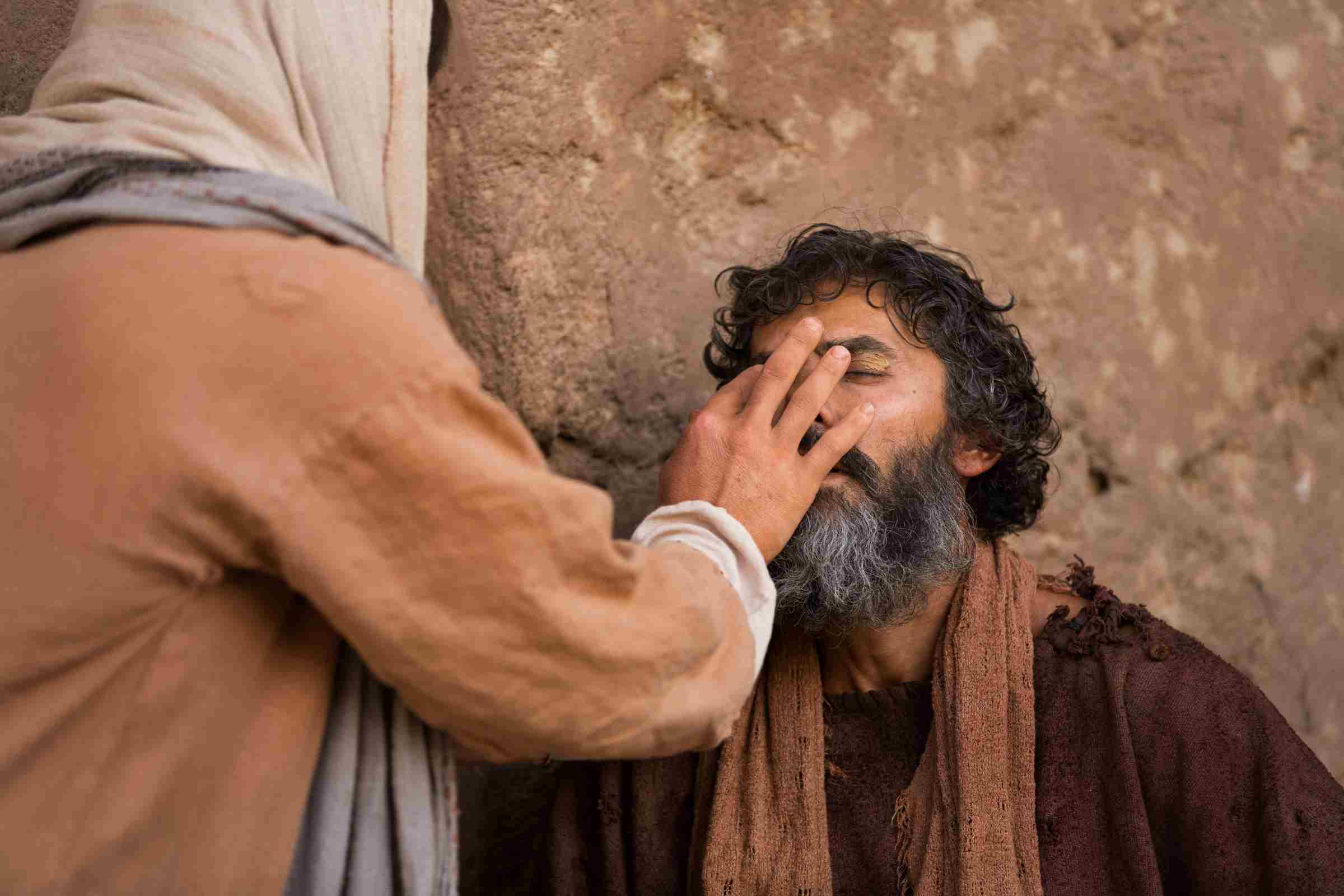
الطريق للقيامة والانتصار
الإيمان المسيحي ليس مجرّد معلومات أو نظريّات عن الله، ولكنّه يتركّز في العلاقة الشخصيّة الحيّة مع السيِّد المسيح.. وهذه العلاقة ليست مجرّد إيمان وحُب، بل هي أيضًا دخول بملء حريّتنا في شركة ووِحدة معه، أو بتعبير أدقّ الدخول في عهد جديد معه.. وهذا ما يفعله المسيحيُّون عن طريق المعموديّة، وفيها الموت عن الحياة القديمة والحصول على قوّة القيامة والحياة الجديدة.. وهنا تصير المعرفة خِبرة حيّة، والعلاقة علاقة ثبات ووِحدة ومُتعة، وتشعّ منها قوّة القيامة..!

الموت والحياة الجديدة
أقدِّم لكم في هذا المقال، مقتطفات من أقوال الآباء عن معنى الموت ومعنى الحياة الجديدة، التي يهبها لنا السيد المسيح بموته وقيامته..

فرحة الكنيسة بعريسها
في دخول السيِّد المسيح إلى أورشليم كان الشعب يترنّم متهلِّلاً بقدوم ملك الملوك، العجيب في تواضعه، الراكب على جحش صغير، والذي جاء لكي يخلِّص شعبه من أثقال خطاياهم..!


فضائل في حياة البابا شنوده الثالث
بمناسبة عيد نياحته السادس.. أود في هذا المقال أن أتأمّل في خمس فضائل فقط، ضمن فضائل عديدة، لمستها خلال معايشتي لمثلّث الرحمات قداسة البابا شنوده الثالث..

Healing
“Is anyone among you sick? Let him call for the elders of the church, and let them pray over him, anointing him with oil in the name of the Lord. And the prayer of faith will save the sick, and the Lord will raise him up. And if he has committed sins, he will be forgiven” (James 5:14-15).

Creation
“We believe in one God, the Father Almighty, Maker of Heaven and Earth, and all things visible and invisible.” These opening words of the Nicene Creed, the central doctrinal statement of Christianity, affirm that the One True God is the source of everything that exists-both physical and spiritual, both animate and inanimate. The Holy Scriptures begin with a similarly striking assertion: “In the beginning God made heaven and begin with a similarly striking earth.” St. Basil the Great declares:
In the fear that human reasoning may make you wander from the truth, Moses has anticipated inquiry by engraving in our hearts, as a seal and a safeguard, the awesome name of God: ‘In the beginning God created.” It is He-beneficent Nature, Goodness without measure, a worthy object of love for all beings endowed with reason, the beauty the most to be desired, the origin of all that exists… -it is He who ‘in the beginning created heaven and earth.’

نصائح ثمينة مِن قدّيس خبير
القديس البابا كيرلس السادس من عمالقة البطاركة الذين جلسوا على كرسي مارمرقس الرسول.. وعلى الرغم أنّه لم يكُن مشهورًا بالوعظ، إلاّ أنّه كان مدرسة في التعليم بالقدوة والنصيحة والتوجيه الأبوي.. وهو كان يؤمن أنّ القلب الذي لا يتأثّر بالنموذج الصالح والحياة المقدّسة المُعاشة أمامه، من الصعب أن يتأثّر بالكلمات والعظات.. ومع ذلك، لم يبخل البابا كيرلس على الكثير من أبنائه، بالتوجيهات الروحيّة والنصائح العمليّة، سواءً بشكل شفهي مباشر، أو برسائل مكتوبة..

الذي سيأتي بعدي
قيل عن القديس يوحنّا المعمدان أنّه جاء لكي يهيِّئ الطريق أمام السيّد المسيح، الذي سيأتي بعده.. وكان هو الملاك الذي هيَّأ للرب شعبًّا مُستعِدًّا (لو1: 17).

أصوام غير مقبولة
الصوم هو ذبيحة حُبّ نقدمّها للمسيح إلهنا الذي بذل نفسه لأجلنا، وهو أيضًا تدريب روحي هام لتقوية الإرادة وضبط النفس والسموّ بها، وهو فُرصة لقمع الجسد وترويضه من أجل تغذية الروح.. ولكن مع كلّ هذه الفوائد، قد لا يستفيد البعض من الصوم، بل وأحيانًا تكون أصوامهم غير مقبولة من الله، لماذا؟! وما هي أنواع الأصوام غير المقبولة؟
.jpg)
كرامة المَلِك أن يُحبّ العدل
جاءت هذه الآية البديعة في المزمور الثامن والتسعين، والذي نصلّيه في الساعة التاسعة من الأجبية، ويبدأ بعبارة: "الرب قد مَلَكَ فلترتعد الشعوب".. وهنا تؤكِّد الآية أنّ كرامة الملك ليست فقط في أن يحقّق العدالة، ربّما وهو متضرِّر، بل أن يُحبّ العدل..!

تعليق وتوضيحات بخصوص ترتيب أحداث الميلاد
نشرت في العام الماضي مقالاً عن ترتيب أحداث الميلاد طِبقًا للمعلومات المذكورة في الكتاب المقدّس، وكتب التاريخ، ولخّصتها في عشرة نقاط.. وجاءني مجموعة استفسارات يسعدني أن أجيب عليها..